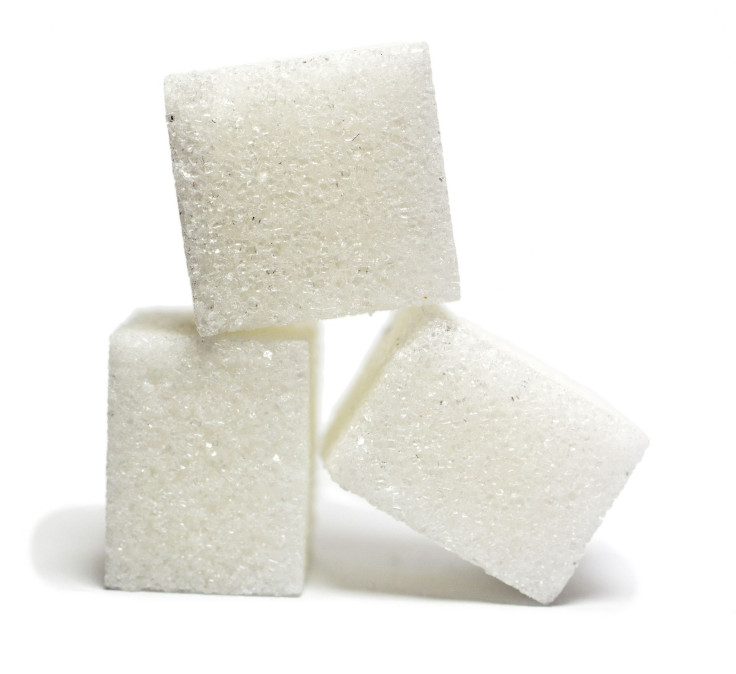Drinking Sugary Beverages With Protein-Rich Meals May Hinder Your Diet

The dangers of soda have been talked about at length, but researchers have found another potential reason to bypass the bubbly substance. New findings suggest that drinking sugary beverages with high-protein meals can make your body store extra fat in addition to messing with your calorie burn.
Read: Diet Trends 2017: How The Popular 80/10/10 Eating Plan Affects Weight Loss, Blood Sugar
"We found that about a third of the additional calories provided by the sugar-sweetened drinks were not expended, fat metabolism was reduced, and it took less energy to metabolize the meals,” explained Dr. Shanon Casperson, lead author of the study from the USDA, in a statement. “This decreased metabolic efficiency may prime the body to store more fat."
In the very small study, 27 adults first ate a breakfast and lunch made up of 15 percent protein before fasting overnight. On a separate day, participants were given breakfast and lunch, but this time each meal was comprised of 30 percent protein, which was again followed by an overnight fast. All meals included the same foods, 17g of fat and 500 calories, with the only variation being percentage of protein. A sugar-sweetened beverage accompanied one of their meals each day, so researchers could determine the effects of a sugary drink with regular and high-protein foods.
Everyone had to stay in what’s known as a room calorimeter, a small, furnished chamber that measures movement, oxygen, carbon dioxide, temperature and pressure. This smart room allows scientists to determine how your body processes change through various tweaks, in this case, the addition of sugary beverages at meal time. Casperson was able to track how many calories each person was burning by the minute as well as the amounts of nutrients their bodies used.
This room allowed the team to identify that drinks with added sugar lowered fat oxidation by 8 percent following the meal. The sample size is small, but the findings are significant as the process essentially breaks down fat molecules to supply energy to your muscles. Fat is a richer source of energy than, say, carbohydrates, but metabolizes more slowly.
People often talk about trying to burn their stored fat, or using fat for energy, and this indicates that drinking sweet beverages with a high-protein meal, like after a workout as many athletes do, could hinder this. However, adding a sweet drink does increase the amount of calories your body burns to metabolize a meal, but those extra gains don’t make up for the additional calories consumed.
"Our findings suggest that having a sugar-sweetened drink with a meal impacts both sides of the energy balance equation,” said Casperson. “On the intake side, the additional energy from the drink did not make people feel more sated. On the expenditure side, the additional calories were not expended and fat oxidation was reduced. The results provide further insight into the potential role of sugar-sweetened drinks - the largest single source of sugar in the American diet - in weight gain and obesity."
For years, diets high in fat have been linked to weight problems. Recently, journalist Gary Taubes, author of “The Case Against Sugar,” and The New York Times have delved into this belief and instead pointed the finger at sweeteners. In an interview with the Times, Taubes advises people to try their own experiment to see “what’s it like to enjoy a meal without a dessert, or to drink water instead of juice or soda, to have a snack of nuts rather than a candy bar,” he explained. Of course, you have to power through the initial cravings to experience what a sugar-free life is really like, but Taubes believes it’s the best way to see what works best for you. “Only then can we decide if a healthy life without sugar is worth the apparent sacrifice,” he said.
See Also:
Healthy Foods That Are Common Sources Of Hidden Sugar, From Bread To Yogurt
Move Over Taste Buds, Muscles Can Taste Sugar Too, Says Study



























